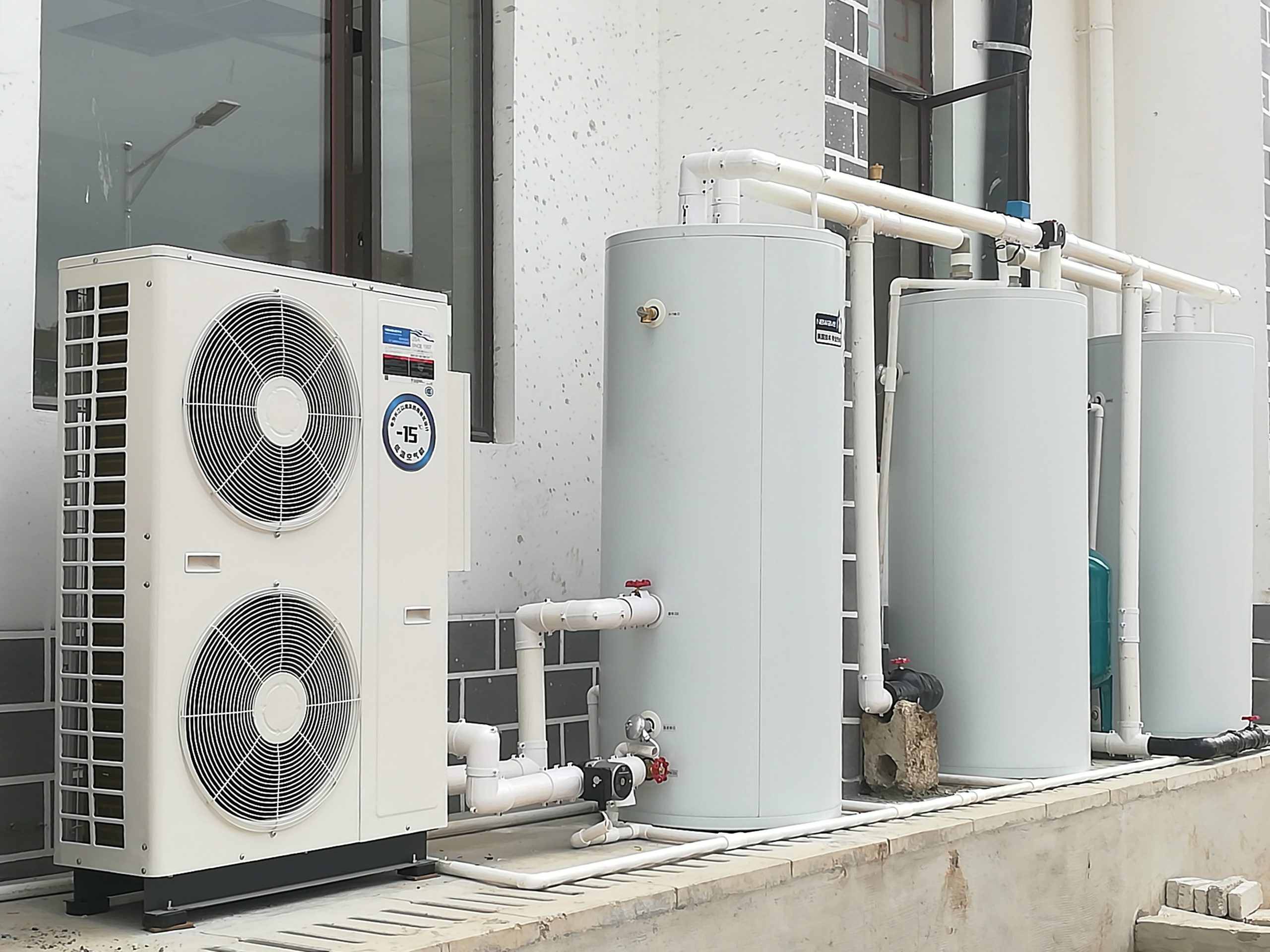What Is an Air Water Heat Pump and How Does It Work?
An õhk vesi soojuspump (AWHP) is a type of energy-efficient system that uses the outside air to transfer energy between a building and the environment. This type of pump works by drawing in outside air, compressing it, heating it up, and then transferring it into the building as warm or hot water. This process is incredibly efficient and can save homeowners hundreds of dollars each year on their energy bills.
Air water heat pumps are becoming increasingly popular with homeowners who want to keep their homes comfortable while keeping their costs down. They provide a cost-effective alternative to traditional systems such as boilers or electric radiators, which require more expensive fuel sources such as natural gas or oil. An AWHP also offers significant environmental benefits as they only use renewable energy sources – meaning no harmful emissions are released into the atmosphere.

Benefits Of An Air Water Heat Pump System
An AWHP system has many benefits when compared to traditional heating systems:
1. Cost Efficiency – With an AWHP system you will be able to significantly reduce your monthly energy bill due to its greater efficiency over traditional fuel sources such as natural gas and oil.
2. Low Maintenance – Unlike other HVAC systems, AWPs don’t need any additional maintenance throughout the year apart from occasional filter changes which can easily be done by yourself at home.
3. Eco-Friendly – As mentioned above AWPs use renewable energy sources which means you will be reducing your carbon footprint when using this type of system over traditional fuel sources like fossil fuels which produce harmful emissions when burned for energy production purposes.
4. Quiet Operation- AWPs operate at very low noise levels making them ideal for those living in noise-sensitive areas such as near schools or hospitals etc.
5 . Flexible Placement Options – AWHPs are highly versatile when it comes to placement options within your home as they are small enough to fit almost anywhere including attics, basements and closets etc…
6 . Long Life Span- AWPs have a much longer life span than some other HVAC models due to their less complex design, often lasting up to 15 years or more with minimal maintenance requirements throughout that time frame.

Drawbacks Of An Air Water Heat Pump System
As with any system, there are some drawbacks associated with an AWHP:
1 . Initial Investment- Although they offer great long-term savings, AWHPs do require a larger initial investment when compared to some other types of systems due to the installation cost associated with setting up these units in your home along with any extra equipment needed such as pipes and fittings, etc.
2 . Limited Temperature Range- Another drawback is that these units cannot reach extremely high temperatures so if you live in an area where hotter climate conditions occur regularly then they may not be suitable for your needs without further modifications being made first before installation begins.
3 . High Humidity Levels Required For Optimal Performance- The performance of an AWHP unit can suffer greatly if there are too low humidity levels present in the environment around it so ensuring that adequate levels are maintained during operation is essential for optimal results from these units.
4 . Inadequate Insulation Can Reduce Efficiency- Finally, inadequate insulation within your home can drastically reduce the efficiency levels achieved by one of these units so addressing this issue prior to installation would help maximize efficiency gains from this type of system once installed correctly inside your home.
Why You Need An Air Water Heat Pump?
Despite some potential drawbacks, installing an AWHP system in your home still provides numerous advantages over traditional heating systems, including lower running costs, reduced environmental impact, quieter operation, and flexible placement choices among others. In addition, these systems come backed with warranties lasting up to 10 years giving you added peace of mind knowing that should something go wrong then you’re covered long-term against any unforeseen malfunctions or defects arising during normal usage periods So if all things considered sound appealing then why not try investing in one today?
